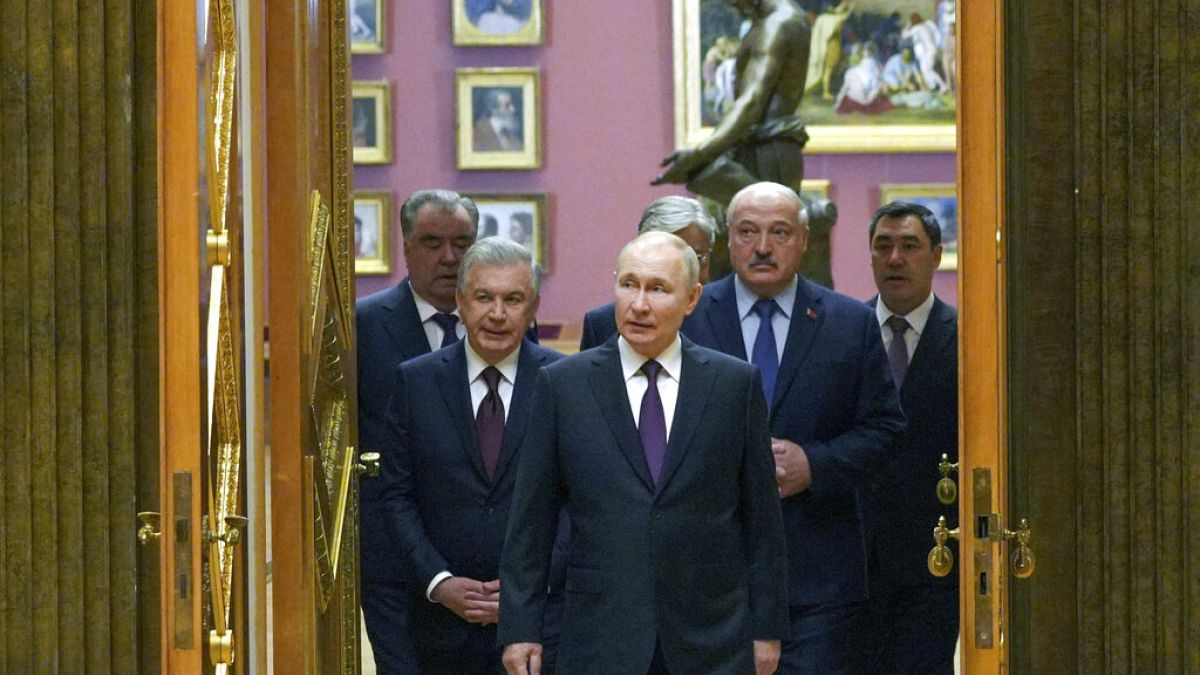Moscow has announced a ban on the export of crude oil to countries that have introduced price caps on Russian oil and petroleum products.
Russian President Vladimir Putin has signed a decree banning the export of oil and crude oil products to countries that have imposed price caps.
It is the long-awaited response to the ceiling of 60 dollars per barrel applied by Western countries on Russian oil.
The price cap on seaborne oil from Russia was agreed to by the European Union, the G7, and Australia earlier this month, because of Moscow’s war in Ukraine.
It aims to diminish Russia’s revenue and stabilize energy markets by allowing EU-based operators to ship the oil to third-party countries, provided its prices are below the cap price.
Putin said the ban would come into effect from 1 February and last for five months, although the decree includes a clause that allows him to overrule it in special cases.
European countries are already suffering from high energy prices due to the loss of a lot of Russian gas imports.
It is not yet clear what impact this latest Russian decree will have on oil prices but some analysts are suggesting it may prove to be largely symbolic.
For more watch Euronews' report in the video above.
